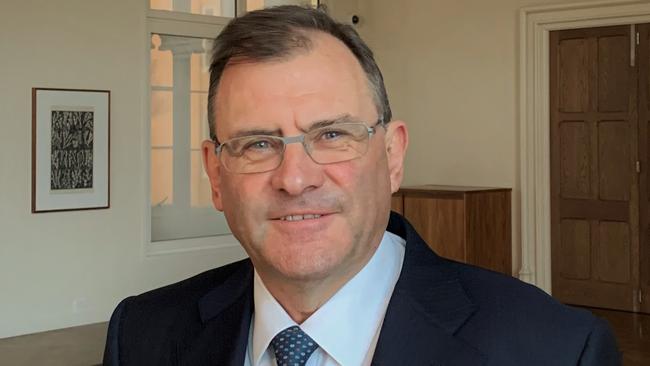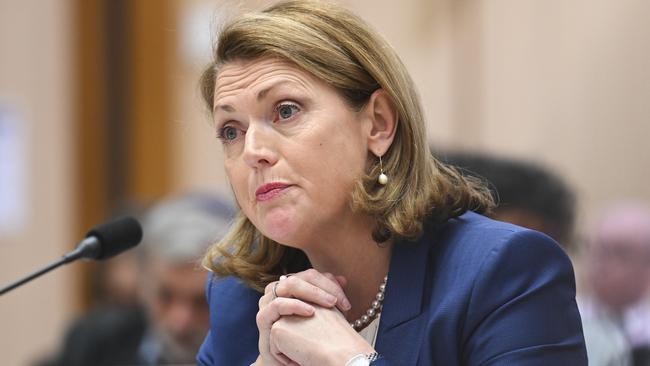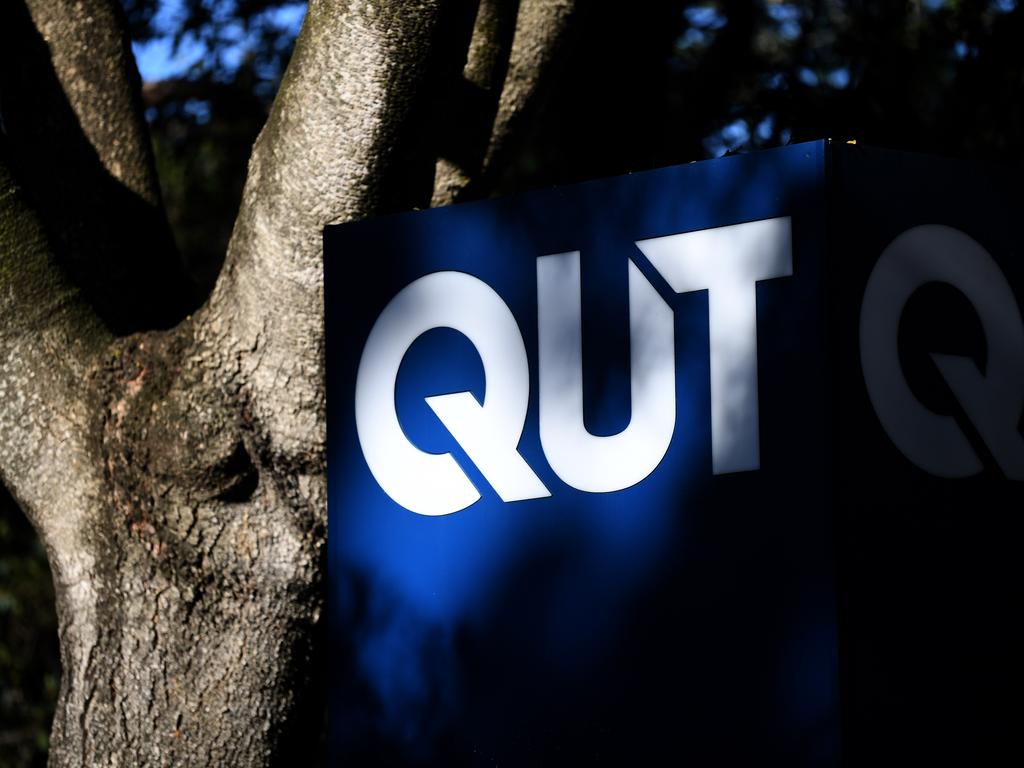Universities reveal soaring revenues from foreign students
As the Albanese government looks to limit international student visas, newly tabled annual reports reveal how many universities cashed in on foreign student fees last year - and which vice-chancellor took a pay cut.

Soaring revenue from foreign students filled university coffers across Victoria last year, padding the pay packets of most vice-chancellors.
The 2024 annual reports of nine universities, tabled in the Victorian parliament on Tuesday, reveal that most managed to cash in on international students, despite the federal government’s attempt to cut the number of international student visas.
Melbourne University collected $1.18bn from foreign students who paid to study at the elite institution last year – an 18 per cent increase compared to 2023.
Foreign students made up 46 per cent of enrolments last year.
Despite squeezing more money out of international education, the university recorded a $99m loss – worse than the $71m loss in 2023.
Red ink was no impediment to eye-watering salaries paid to Melbourne University executives last year, when 18 had salaries topping $500,000. The former vice-chancellor, Professor Duncan Maskell, received a pay rise of at least $130,000, with a remuneration package valued at between $1,575,000 and $1,589,999 before stepping down in December.
At the rival Monash University, vice-chancellor Professor Sharon Pickering was paid between $1,095,000 and $1,110,000.
Another executive, who is not identified in the report, was paid between $900,000 and $915,000 while two others earned more than $700,000.
Monash University collected $1.36bn in revenue from international students, who made up 35 per cent of onshore enrolments, along with 11,000 students based in Malaysia.
Revenue from international students surged 24 per cent last year, delivering a $180m surplus following the $9m deficit in 2023.

Higher income from foreign students also dragged RMIT University back into the black, with a $32m net profit last year following an $11.6m loss in 2023.
International student revenues rose 18 per cent to $747m last year, and two executives – including vice-chancellor Professor Alec Cameron – were paid more than $1m.
At Victoria University, Professor Adam Shoemaker’s pay rose by $10,000, to a range of $850,000 to $860,000. Revenue from international student enrolments rose 26 per cent last year to $170.5m. This delivered a $66.1m operating surplus, following last year’s deficit of $18.1m.
La Trobe University vice-chancellor Theo Farrell took a $100,000 pay cut, earning between $860,000 and $870,000 last year. His university’s deficit grew from $22.4m in 2023 to $43m last year, despite growth in international student numbers.
Professor Farrell blamed the federal government’s slowdown in granting student visas last year, which he said “resulted in a lower enrolment load than forecast and was felt across Australia’s higher education sector’’.
Even so, the number of international students at La Trobe’s Melbourne campus jumped 9 per cent, delivering $89m in revenue with another $10m from those studying offshore.

Deakin University vice-chancellor Professor Iain Martin was paid an extra $160,000 last year, boosting his remuneration package to a range between $860,000 and $870,000.
Fees from foreign students poured $392m into the university’s coffers – a 32 per cent increase from 2023.
The number of international students grew 12.4 per cent to total 16,265 – accounting for 27 per cent cent of enrolments.
Deakin University ran a $17.7m operating deficit last year – better than the $54.5m deficit in 2023.
At Swinburne University, the remuneration package for vice-chancellor Pascale Quester increased to a range of $1,170,000 to $1,180,000 – up from last year’s range of $1,040,000 to $1,050,000,
The university recorded a $76.8m surplus, after revenues from international students rose 26 per cent to $273m last year.
Federation University reported a $26m loss, after revenues from international students fell 18 per cent to $57m. The result was better than in 2023, when the deficit was 81m, due in part to $14m in cost-cutting.
The vice-chancellor, Professor Duncan Bentley, received a $20,000 pay rise, with his remuneration package ranging between $760,000 and $770,000.
The lowest-paid vice-chancellor was Professor James McLaren, of the University of Divinity, who was paid $210,366 after commencing the role in April last year.






To join the conversation, please log in. Don't have an account? Register
Join the conversation, you are commenting as Logout